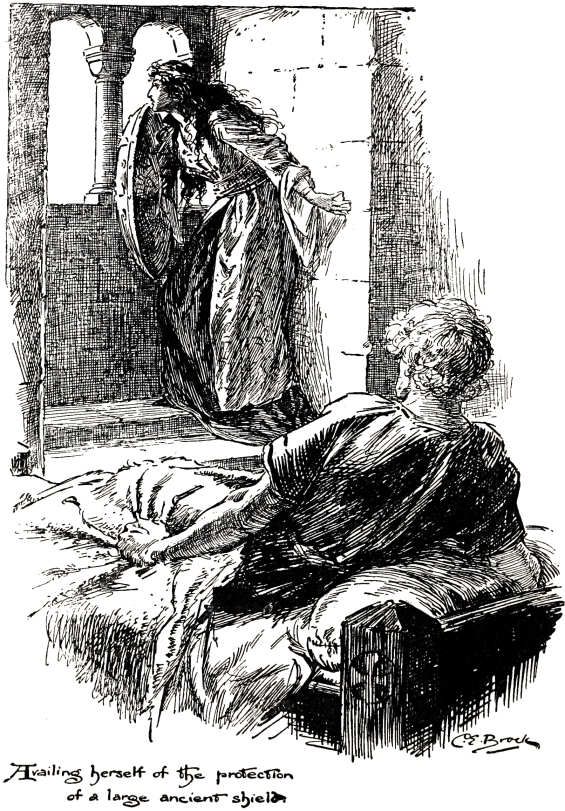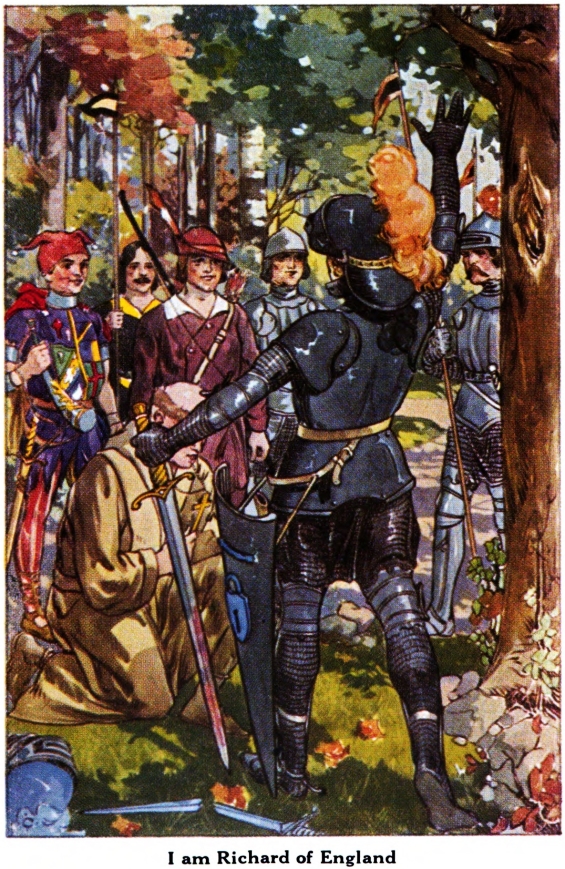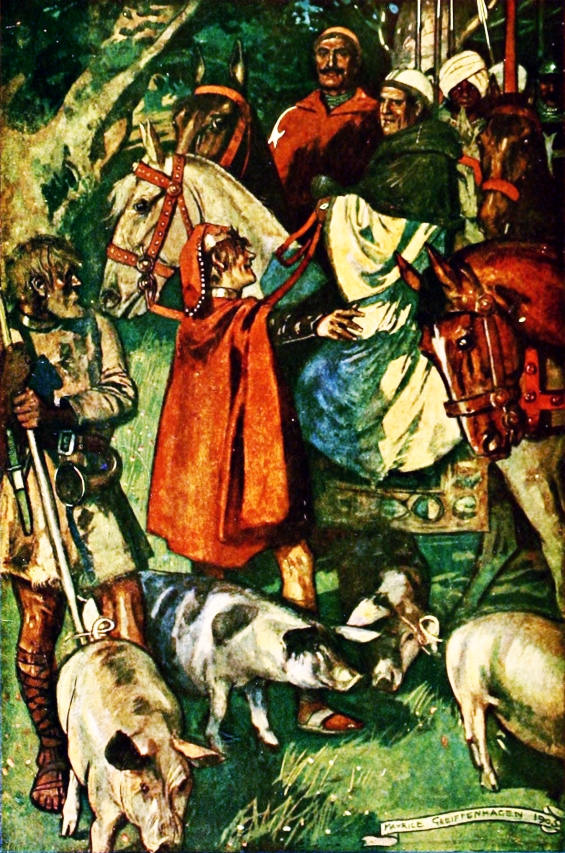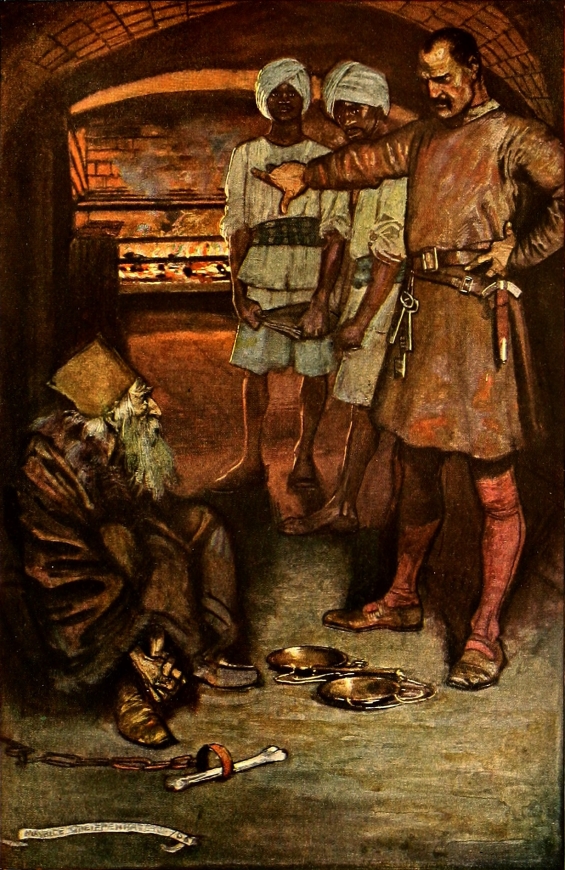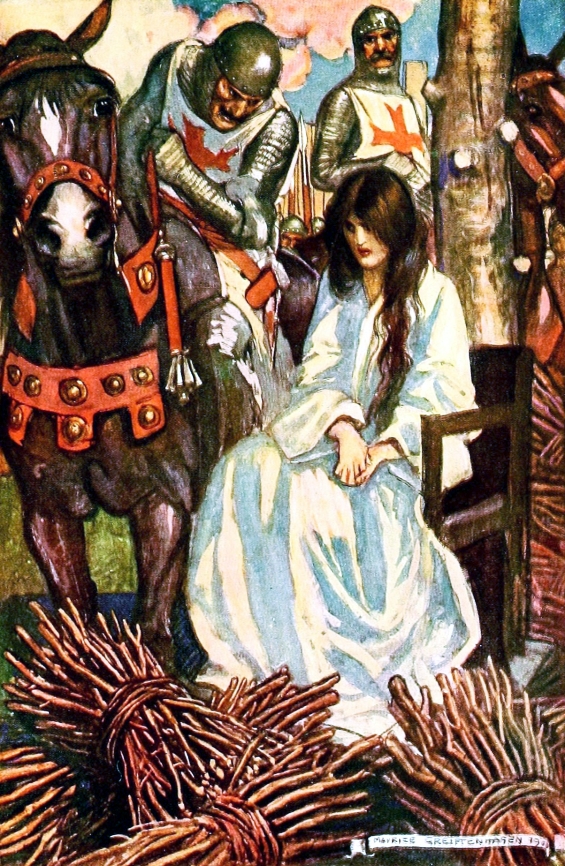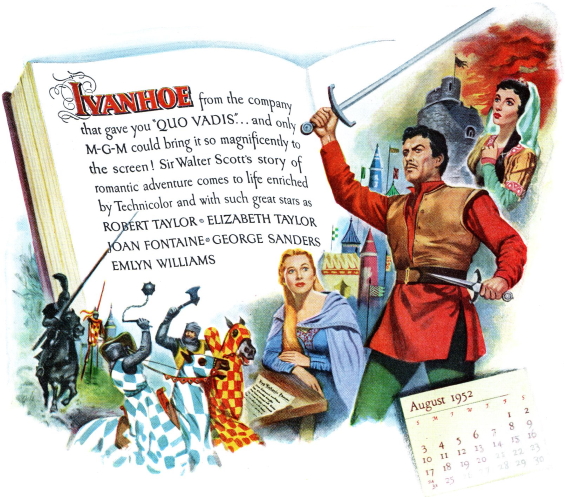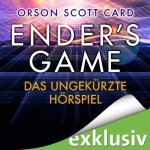
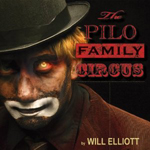 Pilo Family Circus
Pilo Family Circus
By Will Elliot; Read by Mark Stephens
Publisher: Audible Studios for Underland Press
Publication Date: 27 May 2014
[UNABRIDGED] 11 hours 5 minutes
Themes: / horror / circus / psychotic clowns /
Publisher summary:
“You have two days to pass your audition. You better pass it, feller. You’re joining the circus. Ain’t that the best news you ever got?” Delivered by a trio of psychotic clowns, this ultimatum plunges Jamie into the horrific alternate universe that is the centuries-old Pilo Family Circus, a borderline world between Hell and Earth from which humankind’s greatest tragedies have been perpetrated. Yet in this place – peopled by the gruesome, grotesque, and monstrous – where violence and savagery are the norm, Jamie finds that his worst enemy is himself. When he applies the white face paint, he is transformed into JJ, the most vicious clown of all. And JJ wants Jamie dead! Echoes of Lovecraft, Bret Easton Ellis, Chuck Palahniuk, and early Stephen King resound through the pages of this magical, gleefully macabre work nominated as Best Novel by the International Horror Guild.
I almost hate to recommend this book because … what does that say about me?
The Pilo Family Circus is both completely creepy and absolutely fascinating. If you like clowns, you might change your mind after this. If you already don’t like them, you’ll probably think I knew it!
Jamie almost runs down an odd-looking clown and quickly finds his life changing forever. He has 48 hours to pass his “audition” and failing is not an option.
With some creativity, he finds himself in a circus that’s strange even for circus standards … and deadly. Monsters lurk in dark corners and out in the open too and you don’t even want to mess with the proprietor of the whole thing.
Then there are the factions, some of whom absolutely despise each other, such as the Clowns and the Acrobats and what happens in the circus, even a death or two, is overlooked for the most part.
Couple the imaginative world-building with a knack for storytelling and a dark sense of humor (you know, where you laugh and cringe at the same time) and you’ve got a book I couldn’t put down.
I know I go into sales-pitch mode when I talk about a book I really enjoyed, but this one’s highly recommended. The audio on this was astounding too. Mark Stephens does a wonderfully creepy job with his Australian accent. Fishboy alone killed me. This character has a high voice, such as when someone inhales helium, and Stephens stuck it perfectly.
This is an unusual book for me to love, but it’s a true love. It’s different and gruesome and somehow I couldn’t put it down. I stayed longer in the car on my drives, I brought headphones to bed when I usual save bedtime reading for my eyes. This is one of those unique books that really stunned me.
4.5 out of 5 Stars (very highly recommended)
Posted by Bryce L.
 Caves of Steel (Robots #1)
Caves of Steel (Robots #1)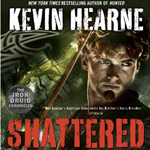 Shattered (The Iron Druid Chronicles, #7)
Shattered (The Iron Druid Chronicles, #7)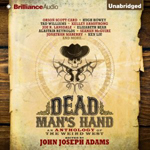 Dead Man’s Hand: An Anthology of the Weird WestEdited by John Joseph Adams, by various (see table of contents below)
Dead Man’s Hand: An Anthology of the Weird WestEdited by John Joseph Adams, by various (see table of contents below)


